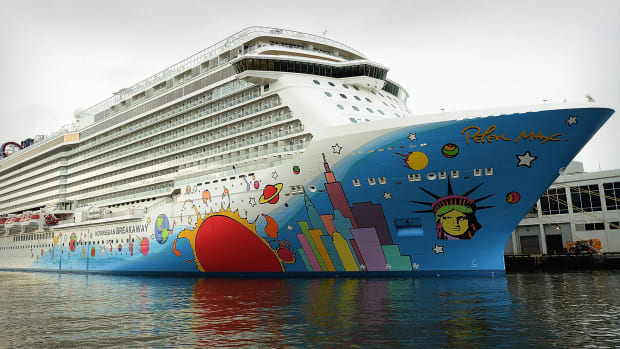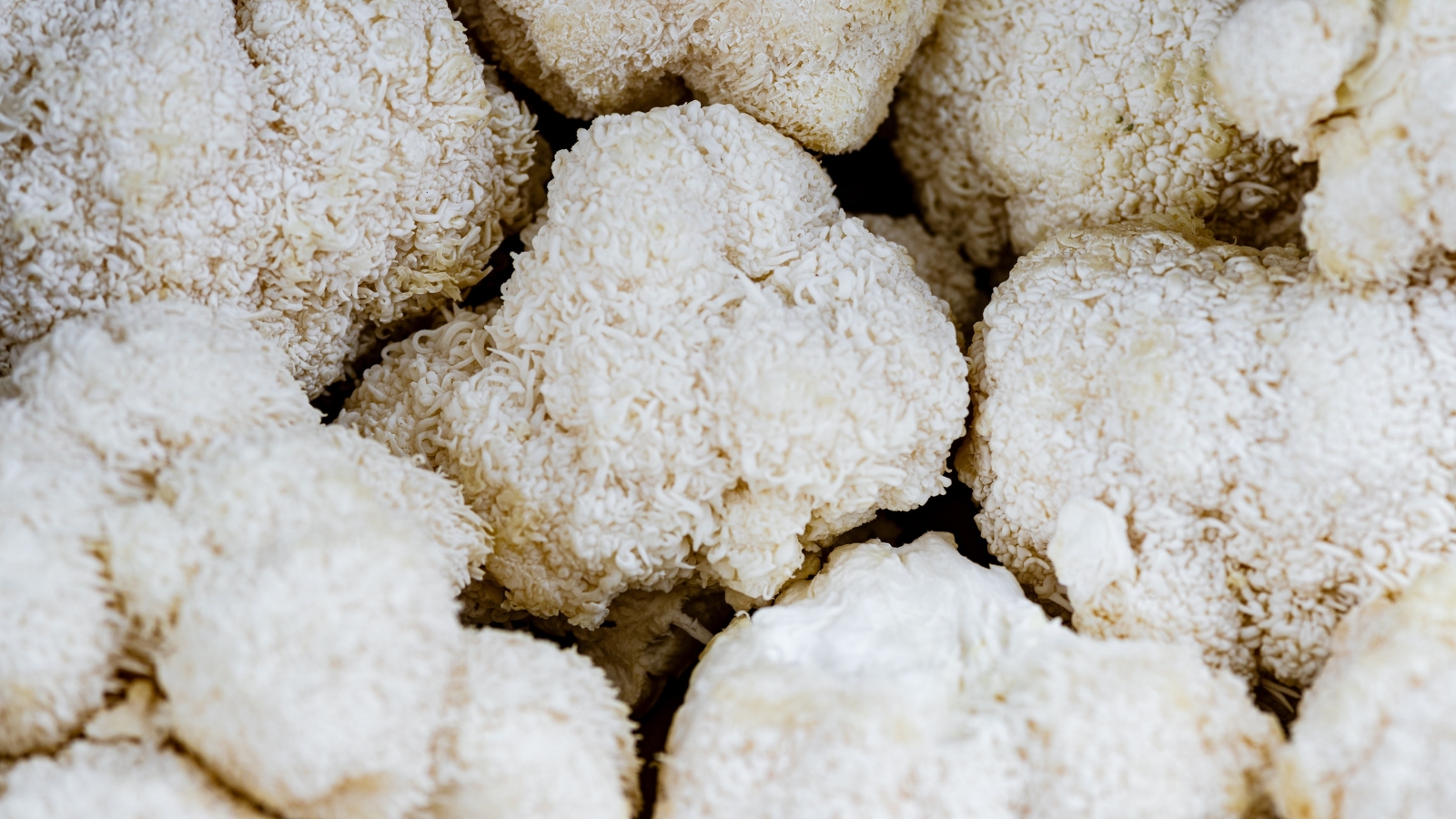Wellness
Norwegian Follows Carnival, Royal Caribbean Making Key Food Move
The cruise industry is the latest to get on board with a movement sweeping the food industry.

The cruise industry is the latest to get on board with a movement sweeping the food industry.
Some people don’t put a lot of thought into where their food comes from, or what’s in it, as long as it tastes good and isn’t unreasonably expensive. And that’s fine, really. We all get to make our own choices, and no one enjoys being lectured.
But that said, there are plenty of people who care about where their food comes from, and what exactly is in it. There’s a whole swatch of plugged-in, knowledgeable foodies with concerns ranging from genetically modified organisms to additives and even the carbon footprint engendered by shipping some food items outside of their natural habitat.
The concept of “healthy eating” has more or less been around in some form since the mass production of food entered its industrial phase with the post-World War II rise in supermarkets.
Food historians will debate this sort of thing, but it’s generally agreed that in the 1980s, following the US Departments of Agriculture and Health and Human Services published the first Dietary Guidelines for Americans, that some segment of the population began paying more attention to where their food comes from. This movement would catch on in later years thanks to the rise of cooking shows, foodie culture, and breakthroughs in dietary science that help people make informed choices about what they should and should not be eating.
This rise in food awareness has in recent years begun dovetailing with a growing awareness of the dark conditions of factory farming, as many people have read a report or seen a video about the often needlessly cruel conditions that animals in these farms are placed in.
Even if one isn’t inclined to become a vegetarian or join PETA, animal rights activists can talk a reasonable person into agreeing that some reforms in the industry are necessary. Following concerns that many meat-processing plants were contaminated by covid, many consumers are asking for more changes and oversight these days, and many companies are listening, including some of the biggest names in the cruise industry.

Dimitrios Kambouris/Getty Images for Norwegian Cruise Line
What Change Has the Cruise Industry Made?
If you’ve visited a grocery store lately, you may have noticed that many egg cartons are labeled “cage-free,” these days. This term is both distinct from and a natural evolution of the term “free range.”
Free-range chickens are allowed to roam freely in an often enclosed outdoor area, as opposed to being caged and unable to move in a concentrated animal feeding operation, which are often so small that a bird often can’t open its wings, which makes for a painful, miserable existence.
Norwegian Cruise Lines Holdings has recently announced that, following rising consumer demands, all of the eggs served on the ship will be 100 percent cage-free eggs globally by the end of 2025. Last year, the other two leading cruise ships, Carnival Cruise Lines (CCL) – Get Free Report and Royal Caribbean (RCL) – Get Free Report, made similar commitments to only use cage-free eggs by 2025.
The Pressure on Companies to Go Cage-Free Continues to Rise
The cruise industry made the changes in response to a campaign by Open Wing Alliance, which as noted by Cruise Industry News, is a global coalition initiated by The Humane League and includes 93 animal protection organizations from 67 countries worldwide.
“We applaud Norwegian Cruise Lines Holdings for publicly publishing their global cage-free implementation plans. As the demand for cage-free eggs increases worldwide, cage-free is becoming the industry standard. Other hospitality companies like Millennium Hotels and Langham Hospitality Group need to follow NCLH’s lead or risk losing business,” said Jennie Hunter, Senior Campaigns Coordinator, The Open Wings Alliance.
Nestlé, Aldi, InterContinental Hotels, Sodexo, Kraft Heinz, Compass Group, Shake Shack, Famous Brands, Costa Coffee, Burger King, Dunkin’, Krispy Kreme, Unilever, and Barilla have all recently made commitments to switch to cage-free systems.

Lion’s Mane Mushroom: History, Benefits, and Adaptogen Properties
Explore the intriguing world of Lion’s Mane Mushroom in our comprehensive guide. Dive into its unique properties, historical significance, and myriad health…
AI can already diagnose depression better than a doctor and tell you which treatment is best
Artificial intelligence (AI) shows great promise in revolutionizing the diagnosis and treatment of depression, offering more accurate diagnoses and predicting…
Reasons You should Get this: Neptune Wellness Solutions Inc (NASDAQ:NEPT), WeTrade Group Inc. (NASDAQ:WETG)
NEPT has seen its SMA50 which is now -9.28%. In looking the SMA 200 we see that the stock has seen a -92.25%. WETG has seen its SMA50 which is …
The…













